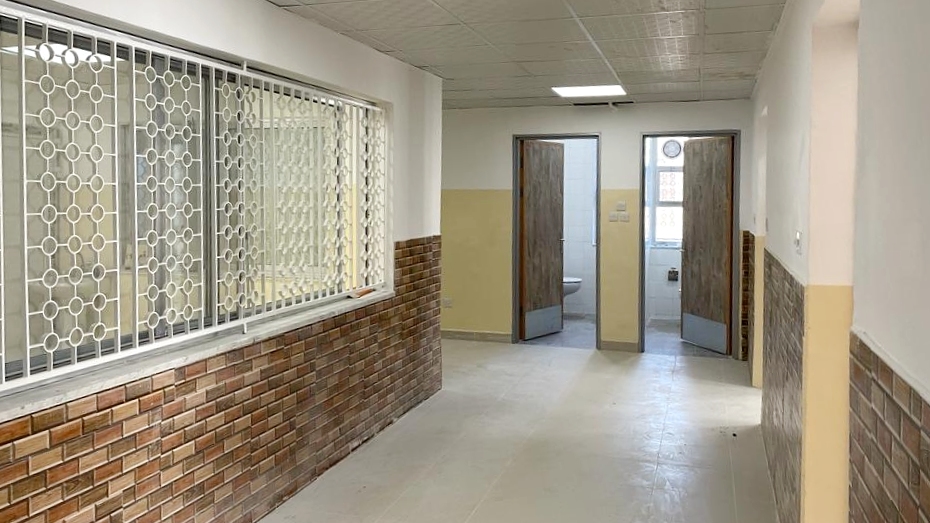
INVESTMENT ROUND: IMPACT STORY
Communities in Paraguay now accessing transformed mental health services
PAHO/WHO advocated legal reform and supported the national plan for mental health

Primary Health Care workers from the Capital region who have been trained in the Mental Health and Substance Use. Mental Health Gap Action Programme (mhGAP) implementation guide.
383 500
people able to access community mental health services
75
mental health professionals become Master trainers
82
first level health workers trained
In Paraguay, mental, neurological, and substance use conditions contribute to 18 percent of all the country’s disability-adjusted life years and 36 percent of all years lived with disability.
For the first time in Paraguay’s history, the Government’s is establishing community-based mental health care, favouring decentralised services.
PAHO/WHO collaborated with the Ministry of Public Health and Social Welfare, advocated the new Mental Health Law enacted in 2022, and helped establish a National Mental Health Directorate and Observatory.
In August 2021 Paraguay launched PAHO/WHO’s Special Initiative for Mental Health, which aims to ensure universal access to quality and affordable mental health care.
PAHO/WHO supported the creation of a 5-year implementation plan to decentralise mental health care and implemented a monitoring system for measuring progress and outcomes.
It also enhanced local health worker capacity through trainings to integrate mental health services into Family Health Units (USFs).
“The management of mental health conditions in all its forms is a priority for the national government, particularly through the training of frontline workers in the Family Health Units.” - Dr Miguel Angel Velazquez, Director General of the National Institute of Health.
The shift to community-level care reduces dependence on prolonged hospitalization for individuals with mental, neurological, and substance use disorders, and is expected to yield widespread benefits.
Improved mental health outcomes, enhanced physical and social well-being, a decreased risk of human rights violations, and a transformative shift in the country's mental health narrative are predicted.
The move towards community integration is also supported by enhanced access to social services such as housing, employment, and community-based mental health centres. Progress is the culmination of joint efforts by the Paraguayan government, PAHO/WHO, and local stakeholders.
→ Read the full story: Communities in Paraguay now accessing transformed mental health services
Return on investment
/invest-visual-provide-health.png?sfvrsn=67b0de9_3)
A fully funded WHO will support Member States to "provide health" to 5 billion people, allowing them to access health services without financial hardship.
Strengthening mental health services at community level across Paraguay is an example of WHO delivering on improving equity in access to mental health services, contributing to WHO's Fourteenth General Programme of Work (GPW 14), strategic objective 4.1.
Funding the future
WHO’s support to Paraguay to provide mental health services in communities wouldn’t have been possible without funding.
To continue to support initiatives like this, WHO needs sustainable financing, that is, predictable, flexible and resilient. This will allow WHO to have the greatest impact where it is needed most. Please support the WHO Investment Round.
/invest-visual-investing.png?sfvrsn=dbf748b9_20)
Related case studies


